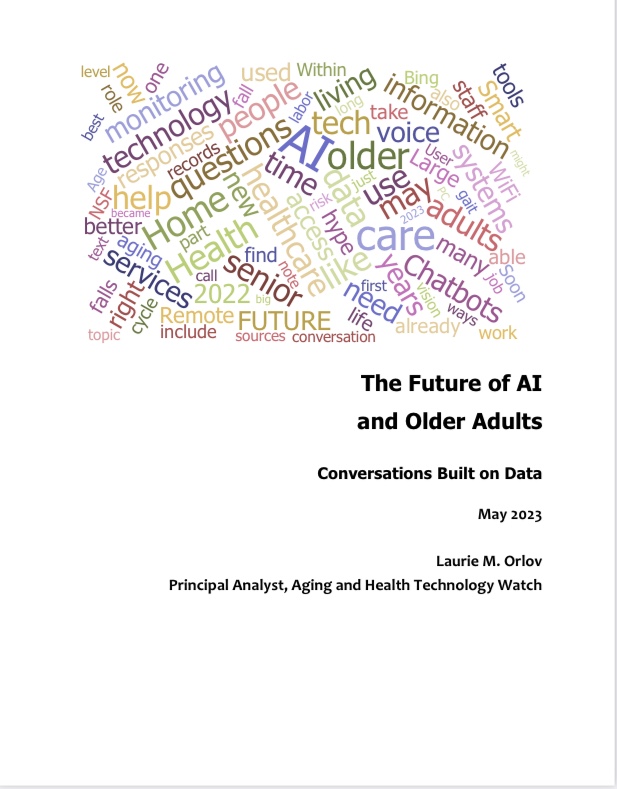The health status of the retirement-age population: a first approach
By Laura Crespo & Juan F. Jimeno Rationale The health of the population aged 55 to 69 influences their labour supply and retirement decisions. This article aims to document their health status, in Spain and in other European countries, drawing on data from the Survey on Health, Ageing and Retirement in Europe (SHARE). Takeaways •There are marked differences by gender in the health status of the Spanish population aged 65 to 69. Among women, 62.9% report chronic health problems, 30.1% mobility limitations and 32.1%...










